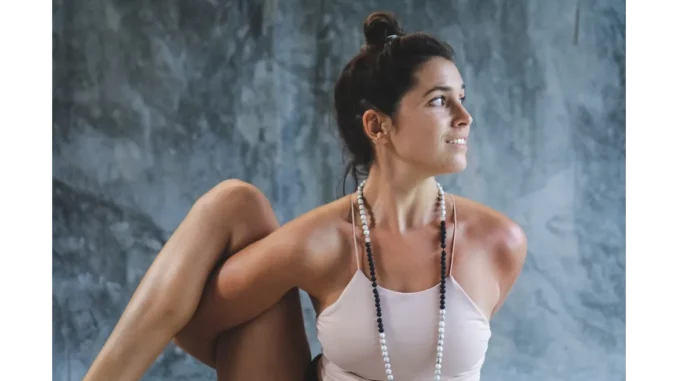
Harnessing Calm: Expert Techniques for Managing Anxiety and Stress
Elegancia – Wellness and tranquillity in the comfort of your home.
In today’s relentless world, stress and anxiety have quietly woven themselves into the fabric of our daily lives. The demands of modern living can often seem overwhelming, yet there is solace to be found. Leading experts have explored and shared relaxation techniques that promise a pathway to serenity, offering a reprieve from the chaos and a route to a more harmonious existence.
Understanding the Weight of Stress and Anxiety
Stress and anxiety manifest uniquely for each individual, ranging from a persistent undercurrent of unease to intense episodes of panic. Early recognition of these symptoms is vital for effective intervention. Anxiety often presents through physical manifestations like a racing heart, breathlessness, and muscle tension. Being attuned to these signals empowers you to take proactive measures in mitigating their impact.
Expert-Endorsed Relaxation Techniques
-
Autogenic Relaxation
Visual imagery and heightened body awareness are at the core of autogenic relaxation. By mentally repeating soothing phrases and conjuring peaceful settings, you can guide both mind and body into a state of relaxation, allowing your heart rate to ease. -
Progressive Muscle Relaxation
Methodically tensing and releasing muscle groups can heighten your awareness of the contrast between tension and relaxation, fostering a profound sense of tranquility and heightened body consciousness. -
Visualization
Embark on a mental escape to a sanctuary of peace. Engage all your senses to paint a vivid picture—imagine the rhythmic crash of waves or the gentle warmth of sunlight on your skin. This immersive mental retreat can effectively transport you to serenity. -
Deep Breathing
As recommended by psychologists like Daun Baker, deep breathing is a cornerstone of stress management. By inhaling deeply, pausing, and exhaling slowly, you can soothe your nervous system and diminish anxiety’s grip. -
Mindfulness and Meditation
Cultivating mindfulness involves embracing the present moment without judgement. Meditation aids this process by focusing your mind and dispelling the clutter of errant thoughts, guiding you towards mental clarity. -
Yoga and Tai Chi
These ancient disciplines blend movement, meditation, and breath control to bolster both physical and mental wellness. Regular practice enhances flexibility, balance, and overall relaxation, offering a holistic approach to stress reduction.
Integrating Relaxation into Everyday Life
Consistency is the linchpin of effective relaxation. Here are practical strategies to seamlessly weave relaxation into your daily routine:
- Schedule Regular Practice: Allocate a dedicated time each day for relaxation, valuing consistency over duration.
- Create a Serene Space: Choose a quiet, comfortable area free from distractions to practice your techniques.
- Exercise Patience: Understanding that relaxation is a cultivated skill, allow yourself the grace of time without pressuring immediate results.
- Experiment with Combinations: Tailor techniques to your preference by combining methods such as deep breathing with visualization for amplified benefits.
Enduring Benefits of Relaxation
Beyond the immediate relief, regular relaxation practice yields substantial long-term health benefits:
- Reduces blood pressure and heart rate
- Enhances digestion and sleep quality
- Elevates mood and concentration
- Alleviates muscle tension and chronic pain
- Promotes comprehensive well-being
In conclusion, while stress and anxiety are inescapable elements of life, they need not dominate your existence. By embracing relaxation techniques, you can master stress management and significantly enhance your quality of life. Remember, relaxation is an ongoing journey—through dedication and practice, you can attain peace and resilience amidst life’s trials.


Be the first to comment